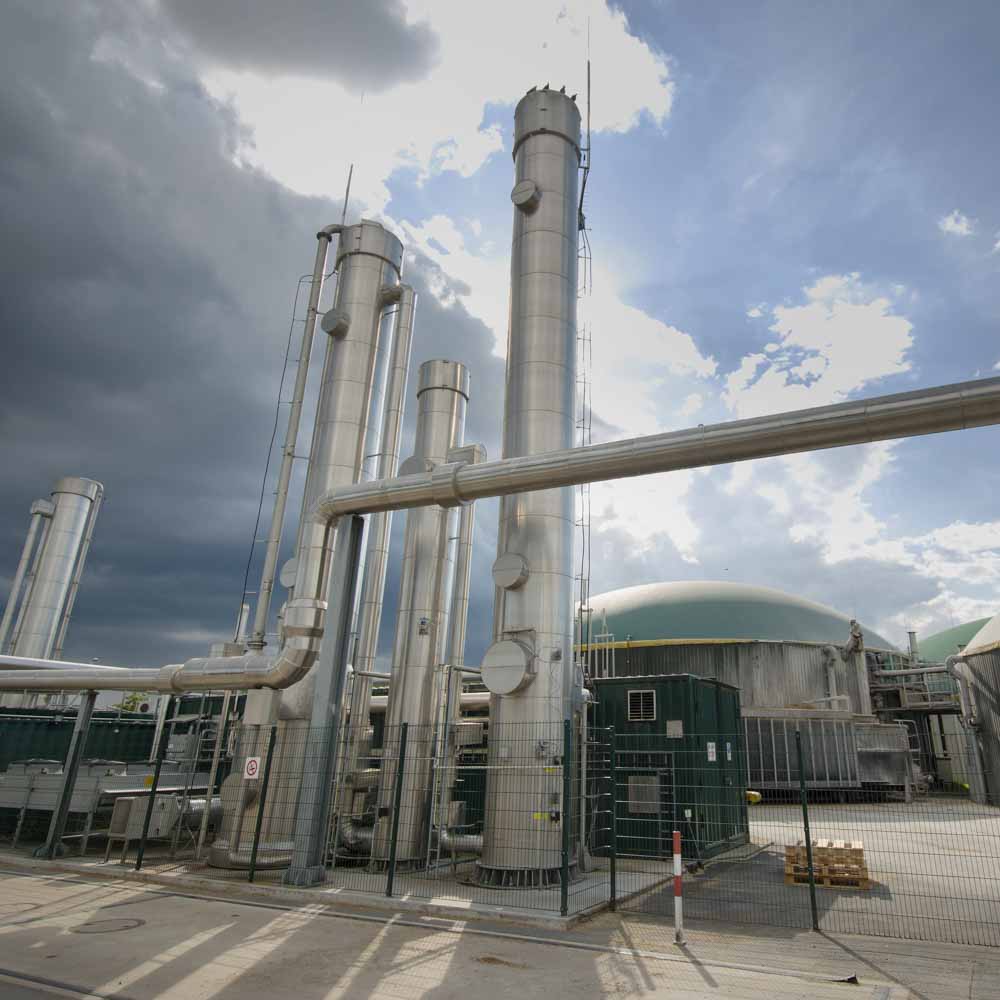THE WORLD TODAY
When you consider that water covers 70% of the earth’s surface, it’s easy to assume it will always be plentiful. The reality is that less than 3% of this water is currently usable. With the growing impact of climate change and the pressures on groundwater reserves globally, it’s critical we find ways to reuse and recycle the water we have available; to secure a clean, usable water supply for generations to come.
Without appropriate treatment, our anthropogenic wastewater will have a detrimental effect on the water environment, as well as public health. Untreated sewage results in deoxygenation of water, rendering it unfit for the survival of aquatic life. Wastewater that is collected for disposal largely ends up at landfill, where it contributes to greenhouse gas emissions and toxic ground seepage.
We understand the connection between wastewater management and its impact on the wellbeing of all communities.
OUR VISION
At Eco Clarity we envision a world where clean water and pure energy are readily accessible, where innovative technology and services combine to create value from waste, stimulating circular economies, for a more sustainable future for all.
That’s why we have spent almost a decade developing breakthrough technology to transform the wastewater handling process from one of pure disposal into something truly beneficial
WASTE TO ENERGY
Driven by our desire to revolutionise wastewater, our solutions promote circular economies that provide real benefits for all industry players, communities and the environment. Through the use of our patented green technology, we are able to facilitate more than just extraction of problematic matter from our water systems, but its conversion into renewable energy. In this way, we offer a new approach to industrial processes, and opportunities for community operations to drive recurring revenue.

FACT:
In large plants, biogas can also be compressed to achieve the quality of natural gas, and even utilised to power automobiles.
BIOGAS
The benefits of biogas are many. A renewable, clean source of energy, gas generated through bio-digestion is non-polluting and reduces greenhouse emissions, making it a great option to combat global warming. Biogas generation helps cut reliance on the use of fossil fuels, such as oil and coal, and unlike other types of renewable energies, the process is natural and does not require energy. In addition, the raw materials used in the production of biogas, like manure, food scraps, crop residues and other bio-organic waste, are always readily available as feedstock.
By using waste materials to generate biogas, we can also reduce our reliance on landfills for disposal. Overflowing landfills don’t only spread foul smells, they also allow toxic liquids to drain into underground water sources. Consequently, yet another advantage of biogas is that biogas generation may improve water quality.
The by-product of the biogas generation process is enriched organic (digestate) matter, which makes the perfect fertilizer to accelerate plant growth and cultivate resilience to disease.
The gas can be used directly for cooking and generation of electricity. This is what allows the cost of biogas production to be relatively low. In large plants, biogas can also be compressed to achieve the quality of natural gas, and even utilised to power automobiles.
BIODIESEL
Biodiesel is a domestically produced, clean-burning, renewable substitute for petroleum diesel. Using biodiesel as a vehicle fuel increases energy security, improves air quality and the environment, and provides safety benefits.
Biodiesel use helps consumers and businesses reduce their carbon footprint. The use of tallow, discarded cooking oil and FOG waste material for bio-diesel production further increase biodiesel’s scores for carbon reduction.
Biodiesel of all types, if produced with FOG, is more environmentally friendly and better for the environment than biodiesel produced from virgin oils, like rapeseed. Biodiesel production from FOG is also highly sustainable. The waste FOG feedstock does not involve changes to land use, nor does it compete with the food chain.
Biodiesel causes far less damage than petroleum diesel if spilled or released into the environment. It is also safer than petroleum diesel because it is less combustible. The flashpoint for biodiesel is higher than 130°C, compared with about 52°C for petroleum diesel. Biodiesel is safe to handle, store, and transport.


